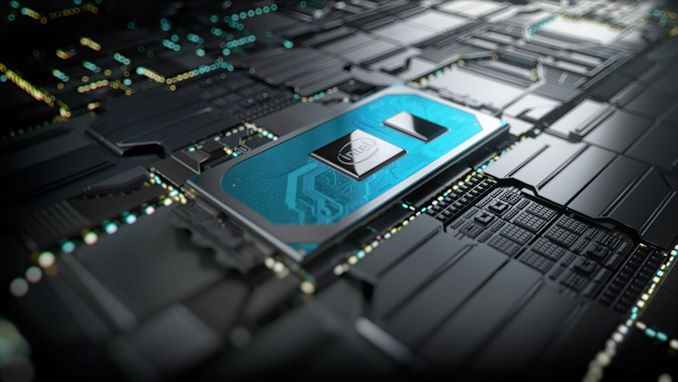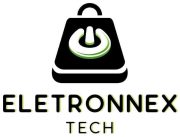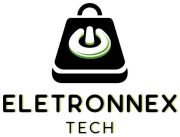
A German court has sided with R2 Semiconductor against Intel, ruling that the chip giant infringed one of R2’s patent. This decision could lead to sales ban of select Intel processors as well as products based on them in Germany. Intel, for its part, has accused R2 of being a patent troll wielding a low-quality patent, and has said that it will appeal the decision.
The regional court in Düsseldorf, Germany, ruled that Intel infringed a patent covering an integrated voltage regulator technology that belongs to Palo Alto, California-based R2 Semiconductor. The court on Wednesday issued an injunction against sales of Intel’s Core-series ‘Ice Lake,’ ‘Tiger Lake,’ ‘Alder Lake,’ and Xeon Scalable ‘Ice Lake Server’ processors as well as PCs and servers based on these CPUs. Some of these processors have already been discontinued, but there are Alder Lake chips are available in retail and inside many systems that are still on the shelves. Though the ruling does not mean that these CPUs will disappear from the German market immediately.
Meanwhile, the injunction does not cover Intel’s current-generation Core ‘Raptor Lake’ and Core Ultra ‘Meteor Lake’ processors for desktops and laptops, according to The Financial Times, so the impact of the injunction is set to be fairly limited.
Intel has expressed its disappointment with the verdict and announced its intention to challenge the decision. The company criticized R2 Semiconductor’s litigation strategy, accusing it of pursuing serial lawsuits against big companies, particularly after Intel managed to invalidate one of R2’s U.S. patents.
“R2 files serial lawsuits to extract large sums from innovators like Intel,” a statement by Intel reads. “R2 first filed suit against Intel in the U.S., but after Intel invalidated R2’s low-quality U.S. patent R2 shifted its campaign against Intel to Europe. Intel believes companies like R2, which appears to be a shell company whose only business is litigation, should not be allowed to obtain injunctions on CPUs and other critical components at the expense of consumers, workers, national security, and the economy.”
In its lawsuit against Intel, R2 requested the court to halt sales of infringing processors, sales of products equipped with these CPUs, and to mandate a recall of items containing these processors, as Intel revealed last September. The company contended that imposing an injunction would be an excessive response.
Meanwhile, it is important to note that in this legal battle Intel is safeguarding its customers by assuming responsibility for any legal expenses or compensations they may incur. Consequently, as of September, Intel was unable to provide a reliable estimate of the possible financial impact or the scope of potential losses that could result from the legal battle as they can be vast.
In a stark contrast with Intel, R2 welcomes the court’s decisions and presents the company’s own view on the legal dispute.
“We are delighted that the highly respected German court has issued an injunction and unequivocally found that Intel has infringed R2’s patents for integrated voltage regulators,” said David Fisher, CEO of R2. “We intend to enforce this injunction and protect our valuable intellectual property. The global patent system is here precisely for the purpose of protecting inventors like myself and R2 Semiconductor.”
R2 claims that Intel planned to invest in R2 in 2015, about two years after the company first brought its Fully Integrated Voltage Regulator (FIVR) technology to market with its 4th Generation Core ‘Haswell’ processors, but then abandoned talks.
“R2 has been a semiconductor IP developer, similar to Arm and Rambus, for more than 15 years,” Fisher said. “Intel is intimately familiar with R2’s business — in fact, the companies were in the final stages of an investment by Intel into R2 in 2015 when Intel unilaterally terminated the process. R2 had asked if a technical paper Intel had just published about their approach to their FIVR technology, which had begun shipping in their chips, was accurate. The next and final communication was from Intel’s patent counsel. That was when it became clear to me that Intel was using R2’s patented technology in their chips without attribution or compensation.”
The head of R2 states that Intel is the only company that R2 has ever sued, which contradicts Intel’s R2 accusation of being a patent troll.
“That is how these lawsuits emerged, and Intel is the only entity R2 has ever accused of violating its patents,” Fisher stated. “It is unsurprising but disappointing that Intel continues to peddle its false narratives rather than taking responsibility for its repeated and chronic infringement of our patents.”








